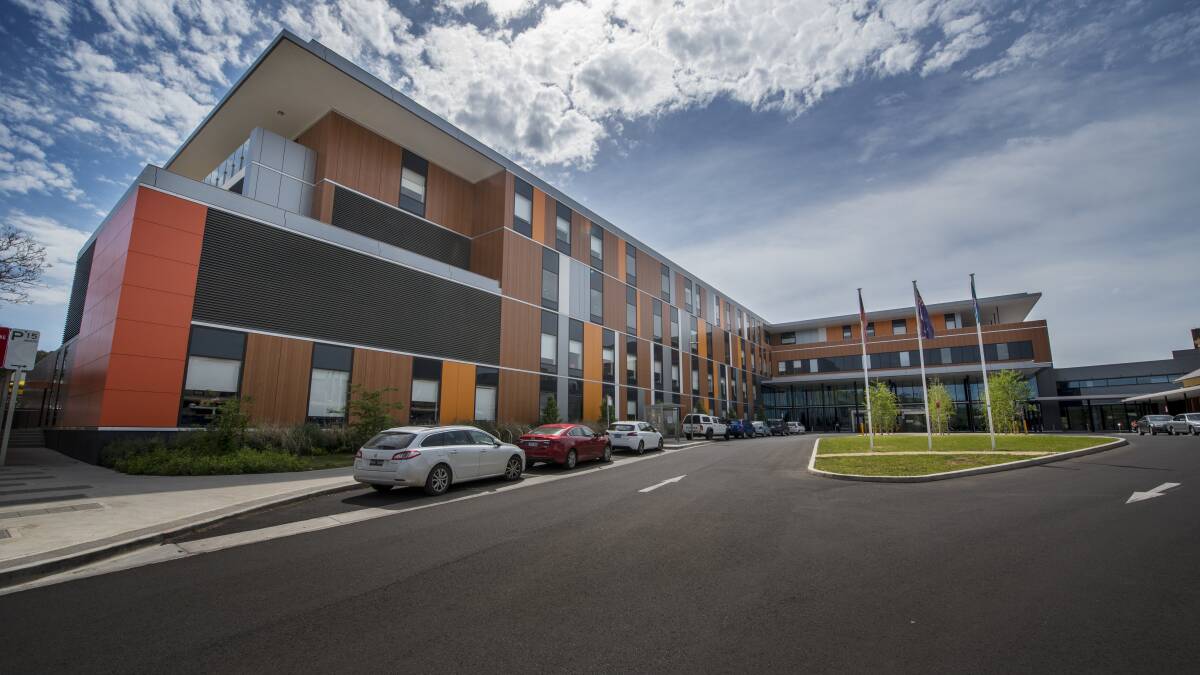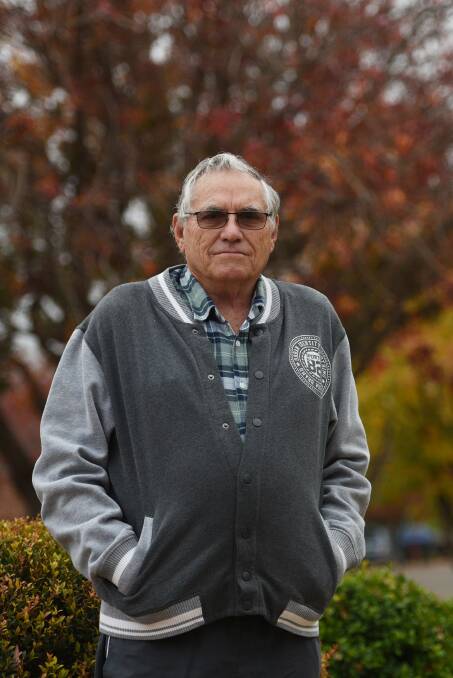
TRANSPORT and post-treatment support loom as the big issues for the region as a new report reveals cancer rates are set to surge in the next 20 years.
Subscribe now for unlimited access.
$0/
(min cost $0)
or signup to continue reading
A study by the Cancer Council recently found the number of Australians living with, and beyond cancer, is set to increase by 72 per cent by 2040.
Experts say the rise in diagnoses will be down to a ballooning and ageing population, as well as more instances of early detection.
While the figures suggest survival rates are improving, locals have said there will be some challenges to overcome in the New England North West.
Tamworth Cancer Council spokesperson Robyn Cathcart said the North West Cancer Centre has made a huge difference to the region, but taking in patients from afar as Moree had its challenges.
Ms Cathcart was the former operations manager at the treatment centre.
“I saw with my own eyes people who had been given a limited lease on life, have access to a trial and subsequently are living well today,” she told The Leader.
She said Inala House played a huge part in the region’s survival rates, giving patients from remote communities a shot at treatment.
“A lot of these people have been financially disadvantaged,” she said.
“We've been proactive in the transport to treatment because a lot of these people wouldn't have came in, especially for radiation.
“We’ve been able to be proactive and adapt the service to whatever the patient's need is.”
The Cancer Council’s data also highlighted the poorest communities still have lower survival rates and called for greater attention to cancer treatment in harder to reach populations.
Prostate, breast, bowel and melanoma were pinpointed as the common cancer types set to contribute to the impending surge.
Prostate cancer survivor and support group spokesperson Ian Austin said post-treatment help was a gap which needed to be filled.
“They might have to go to Newcastle, Sydney or Brisbane to see a urologist for treatment and when they come home there’s no follow-up support,” Mr Austin said.

He said men could be left “incontinent” and “depressed”, which was why the group were lobbying for a support nurse for Tamworth.
“They’re left on their own, once the doctor has done the treatment or surgery, their job’s done,” he said.
“Which is why we’re lobbying for a nurse.”
Hunter New England Health has been contacted for comment.


